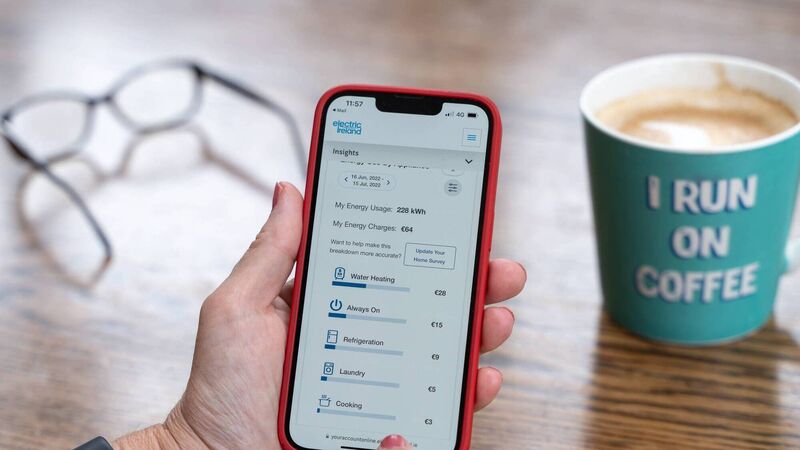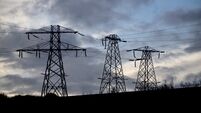Customers could be rewarded to cut power use in real time

The ESB may send customers a text to indicate when is a good time to use appliances.
Energy customers could be given real-time information, such as “pop on the dishwasher now as it’s windy”, and given financial incentives in a bid to reduce their electricity use at peak times, as Ireland faces the threat of winter blackouts in the coming years.
ESB Networks proposed to the regulator a “nationwide domestic behavioural demand response campaign”, which it said would reward customers who reduce demand during peak times.













